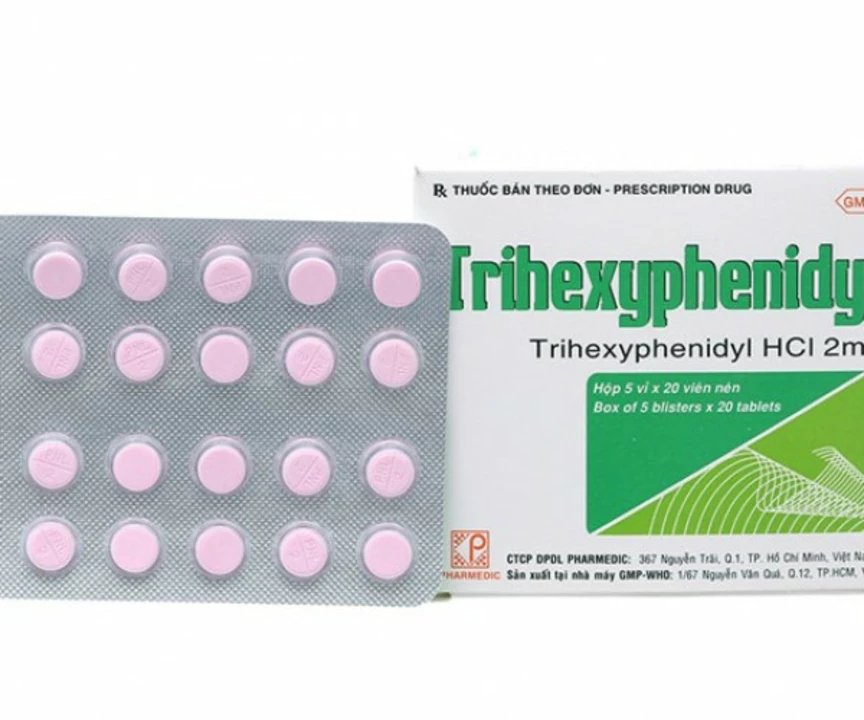Travel Health: Practical Tips for Staying Well on the Road
Travel should be fun, not a medical scramble. A few smart moves before and during your trip handle most problems—missing meds, stomach bugs, jet lag, or heat issues. Read these clear, practical steps and you'll feel more confident packing your bag and planning your itinerary.
Preparing before you go
Check recommended vaccines for your destination at the local health authority or CDC-style site. Book any shots at least a few weeks before travel so they take effect. If you take prescription medicine, bring at least a two-week extra supply in original bottles and a printed prescription or doctor’s note. Some meds (like controlled substances) need paperwork to clear customs—call your embassy or airline if unsure.
Make copies of important documents: passport page, emergency contacts, insurance card, and prescription list. Store one set in cloud storage and one paper set in your luggage. Buy travel insurance that covers medical evacuation if you’re going somewhere remote.
Packing: a small first-aid kit, oral rehydration salts, antiseptic wipes, bandages, a thermometer, and any over-the-counter meds you use regularly (pain relievers, antihistamines, antidiarrheal). If you use a pill organizer, fill it right before travel and label times clearly.
On the road: simple habits that prevent trouble
Food and water safety matters. In many places, stick to bottled or filtered water, avoid ice, and eat food that’s cooked hot. Wash hands often or use hand sanitizer before eating. For stomach upset, rehydrate first—sports drinks or oral rehydration salts work better than plain water.
If you have a chronic medication—say you take trihexyphenidyl—plan for its side effects. Anticholinergic drugs can cause dry mouth, dizziness, blurred vision, and trouble regulating heat. Stay hydrated, avoid heavy sun exposure during peak hours, and rest if you feel dizzy. Tell a travel buddy about your meds and symptoms so they can help if needed. Carry a brief note explaining the drug and your condition in case you need medical care abroad.
Jet lag: shift your sleep schedule a bit before travel, use short naps on arrival, and get sunlight in the morning to reset your clock. For long flights, move every hour, hydrate, and avoid excess alcohol, which worsens dehydration and sleep quality.
Altitude and exertion: ascend gradually when you can. If you feel short of breath, severe headache, or confusion at high altitude, descend and seek help. For heat, wear breathable clothing, seek shade, and carry water.
If you need a doctor abroad, use your travel insurance provider’s hotline or local expat forums for recommendations. Keep emergency numbers handy and know the location of the nearest pharmacy and hospital.
Small steps go a long way: plan vaccines early, pack smart, manage medications, and use common-sense food and water practices. You’ll reduce most health surprises and enjoy your trip more.

Travel Medication Plans: Time Zones, Storage, and Side Effect Prevention
Traveling across time zones can disrupt your medication schedule, leading to side effects or treatment failure. Learn how to adjust dosing, store meds safely, avoid legal issues, and prevent errors with expert-backed tips for all types of prescriptions.

Travel Sickness on Buses, Trains & Subways: Effective Coping Strategies
Learn why travel sickness hits on buses, trains, and subways and get actionable tips, natural remedies, and medication advice to stay comfortable while commuting.
-
28.09.25 -
Alistair Mukondiwa -
14

Trihexyphenidyl and Travel: Tips for Managing Symptoms on the Go
Traveling can be quite challenging for individuals taking Trihexyphenidyl, especially when it comes to managing symptoms on the go. First off, it's essential to have a pill organizer to ensure you're taking the medication on time and not missing any doses. Secondly, keeping a journal to track your symptoms and medication intake can help you identify any patterns or triggers. It's also vital to stay hydrated and maintain a healthy diet while traveling, as this can help alleviate some side effects. Lastly, don't hesitate to inform your travel companions about your condition, so they can provide support if needed.
-
14.05.23 -
Alistair Mukondiwa -
13
- Drug Information (69)
- Health and Wellness (59)
- Pharmacy Information (25)
- Medical Conditions (23)
- Supplements (4)
- Diabetes (4)
- Travel Health (3)
- Mental Health (3)
- Heart Health (2)
- Parenting (2)
-
Hypertension's Hidden Toll on Bone Health
12 Mar 2025 -
Side Effects with Generics: Are Adverse Reactions More Likely?
17 Jan 2026 -
Compare Emulgel (Diclofenac) with Top Alternatives for Pain Relief
30 Oct 2025 -
Alcohol and Sleep Medications: The Hidden Danger of Combined Sedation
13 Jan 2026 -
Nilotinib Drug Interactions: What You Need to Know
9 May 2023

3.02.26
Alistair Mukondiwa
9